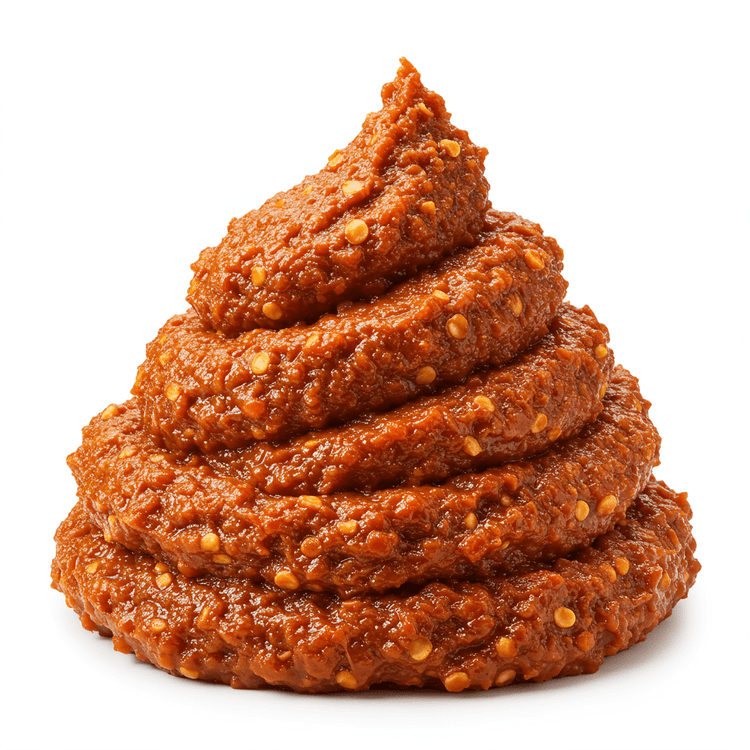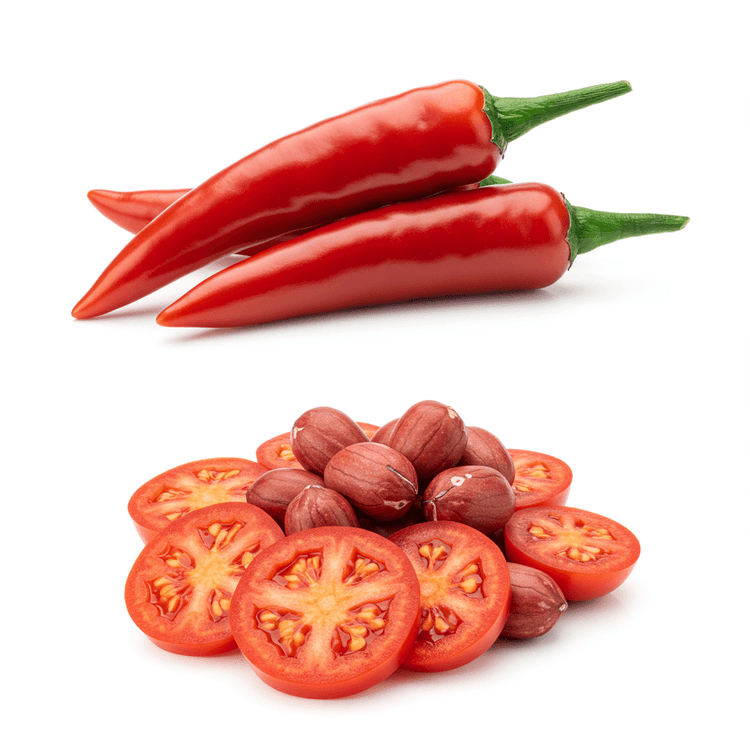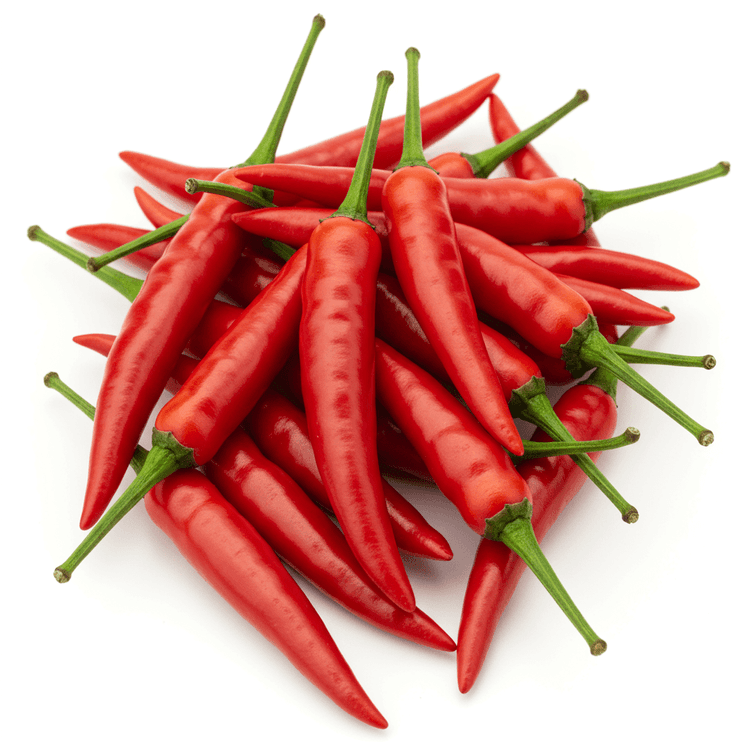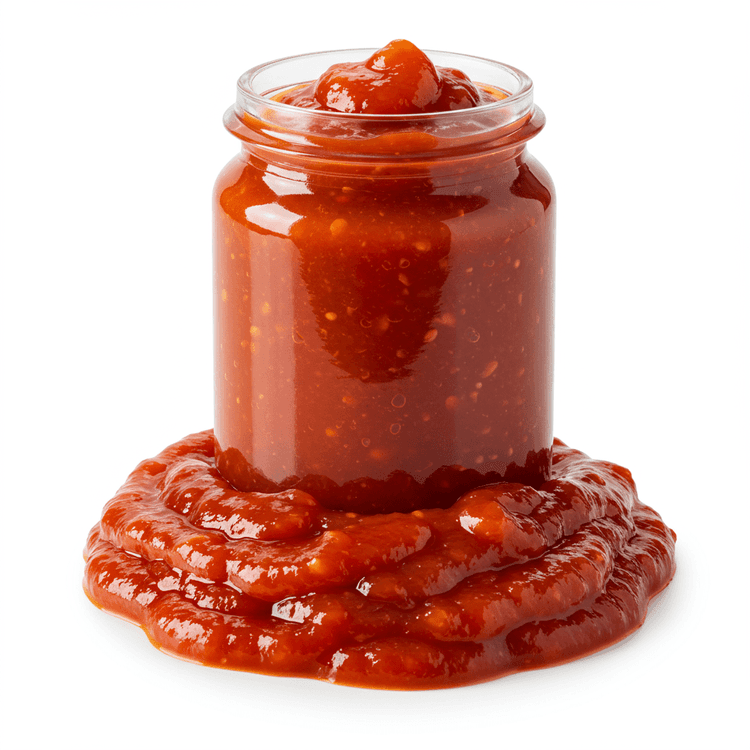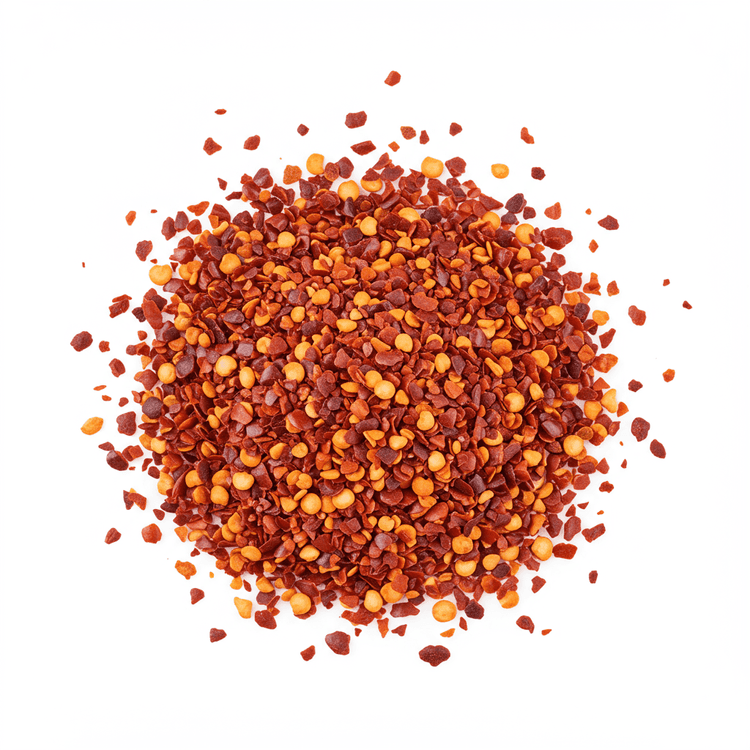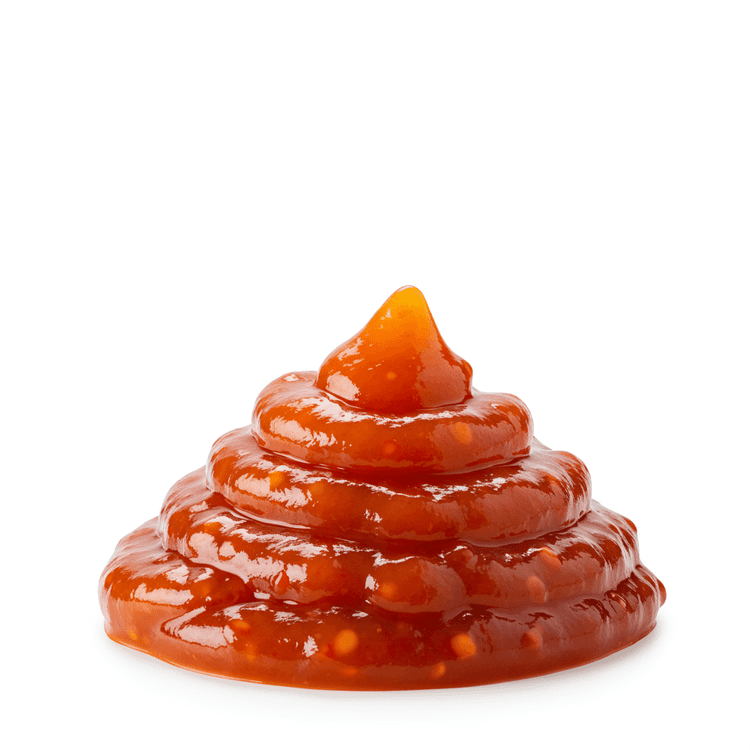
Spicy Sauce
Spicy sauce is a versatile condiment designed to add a fiery kick to a variety of dishes. These sauces come in a range of heat levels, from mild to extremely hot, and are made with various chili peppers, vinegar, salt, and sometimes other ingredients like garlic, sugar, or spices. The flavor profile can range from fruity and bright to smoky and earthy, depending on the type of chili used. The texture can vary from thin and watery to thick and pasty. Appearance-wise, spicy sauces boast a vibrant range of colors from bright red and orange to deep brown or green.
Common Uses
- Spicy sauce is often used as a table condiment to add a burst of heat to tacos, burritos, and other Mexican dishes. It can be drizzled on top or served on the side for dipping.
- It is a popular ingredient in Asian cuisine, particularly in stir-fries and noodle dishes, lending a complex spicy flavor to the overall dish. Spicy sauces such as chili oil or sriracha are commonly used.
- Many people enjoy spicy sauce as a marinade for meats and poultry before grilling or roasting, adding both flavor and tenderness to the protein.
- Spicy sauce can be stirred into soups and stews to increase the heat level and add depth of flavor. A few drops can transform a bland broth into a comforting, spicy meal.
- Used as a key ingredient in the preparation of spicy dips and spreads, spicy sauce adds an essential kick to appetizers and snacks, such as spicy guacamole or buffalo chicken dip.
- A dash of spicy sauce can be added to eggs, omelets, or breakfast burritos to give your morning meal a flavorful and energetic start.
Health Benefits
- May boost metabolism due to capsaicin, a compound found in chili peppers.
- Could act as a natural pain reliever, potentially reducing inflammation.
- Rich in antioxidants from peppers and other ingredients, which may combat free radicals.
- Some sauces contain probiotics from fermentation, which could support gut health.
- May improve cardiovascular health by lowering blood pressure and cholesterol levels (depending on ingredients).
Chefadora AI is here.
Experience smarter, stress-free cooking.
Storage Tips
The best way to store spicy sauce depends on whether it's commercially produced or homemade. Most store-bought spicy sauces can be kept at room temperature until opened, then refrigerated to maintain quality and prevent spoilage. Homemade sauces should always be refrigerated immediately and consumed within a week due to the absence of preservatives. Ensure the lid is tightly sealed to avoid contamination and preserve flavor. You can also freeze some sauces in ice cube trays for portioning and longer storage, especially if they contain fresh ingredients like herbs or garlic.
Marnirni-apinthi Building, Lot Fourteen,
North Terrace, Adelaide, South Australia, 5000
Australia
